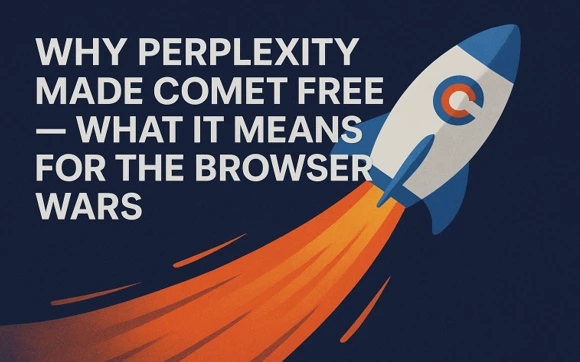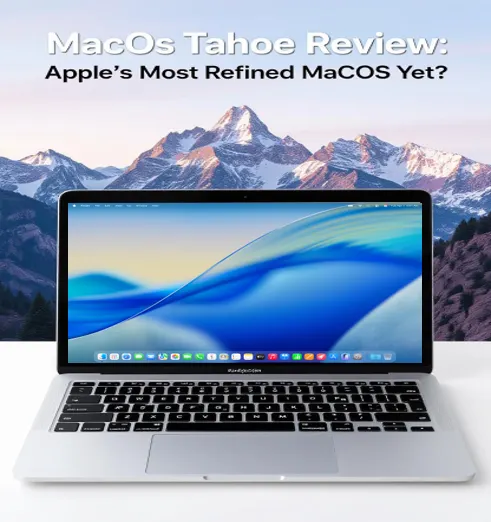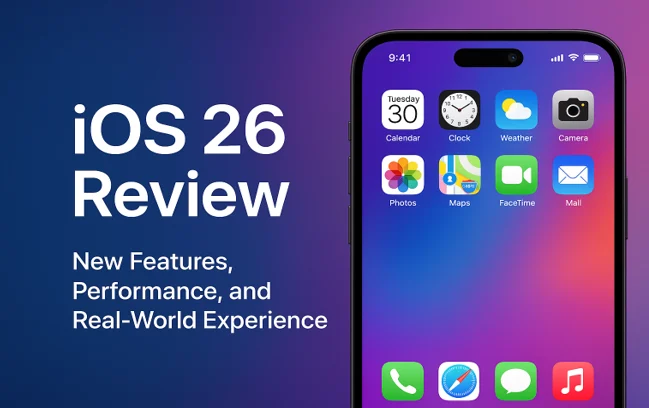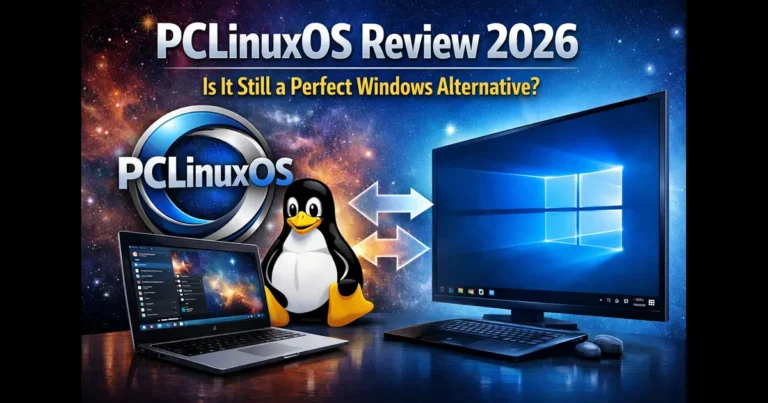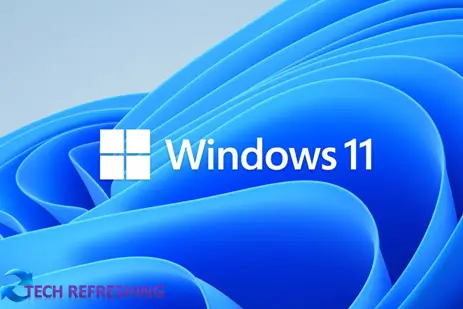
The tech giant aims to extend cloud streaming capabilities to consumers, as revealed in an internal presentation and ongoing FTC hearing.
In a groundbreaking move, Microsoft is set to bring the power of cloud streaming to consumers, as disclosed in an internal presentation titled “State of the Business.” This significant development, revealed as part of the ongoing FTC v. Microsoft hearing, showcases the company’s ambition to revolutionize the user experience by enabling a full Windows operating system streamed from the cloud to any device.
Microsoft’s Cloud Streaming Vision Takes Shape
The internal presentation sheds light on Microsoft’s progressive approach to cloud computing and its efforts to leverage the benefits of cloud streaming technology. While the company has already made impressive strides with Windows 365, a service that streams a complete version of Windows exclusively to commercial customers, its focus has now shifted to providing the same cloud streaming experience to individual consumers.
Integration and Innovation: Windows 11 and Beyond
Windows 11, the latest iteration of Microsoft’s flagship operating system, is already deeply integrated with Windows 365, paving the way for a seamless transition to cloud streaming for consumers. The upcoming Windows 365 Boot feature will enable Windows 11 devices to directly log into a Cloud PC instance during boot, eliminating the need for local versions of Windows. Additionally, the integration of Windows 365 Switch into Windows 11’s Task View feature will allow users to effortlessly switch between Cloud PCs and virtual desktops, enhancing flexibility and productivity.
Custom Silicon Partnerships and AI Advancements
Microsoft recognizes the importance of investing in custom silicon partnerships to realize its cloud streaming vision. The company has already ventured into this space with its ARM-powered Surface Pro X devices. Reports suggest that Microsoft is even exploring the development of its own ARM-based processors, not only for servers but also for future Surface devices. Moreover, there are rumors of Microsoft’s foray into AI chip development, underscoring its commitment to leveraging artificial intelligence capabilities.
Addressing Commercial Value and Chromebook Competition
The internal presentation also emphasizes Microsoft’s determination to strengthen the commercial value of Windows while responding to the growing threat posed by Chromebooks. The company aims to achieve this through the widespread adoption of cloud PCs using Windows 365. By offering businesses a flexible and scalable computing solution, Microsoft seeks to fortify its position in the commercial space and mitigate the influence of competing platforms.
Windows Copilot: AI-Powered Assistance for Windows 11
Microsoft recently announced Windows Copilot, an AI-powered assistant designed to enhance the Windows 11 user experience. This revolutionary assistant sits alongside the operating system, providing users with AI-generated content summaries, rewritten text, and even explanations within applications. Currently undergoing internal testing, Windows Copilot is scheduled to be released to select testers in June, with plans for a broader rollout to all Windows 11 users.
AI and Windows’ Future: Intel, AMD Collaborations and Windows 12 Speculations
Microsoft’s commitment to harnessing the potential of artificial intelligence in Windows is evident through its collaborations with industry leaders such as Intel and AMD. These partnerships aim to unlock new Windows features on next-generation CPUs, pushing the boundaries of what users can expect from their Windows experience. Furthermore, hints of a potential Windows 12 have surfaced, with Windows chief Panos Panay asserting that “AI is going to reinvent how you do everything on Windows” during his keynote address at CES.
A New Era of User Experience Beckons
As Microsoft blazes a trail in cloud streaming, artificial intelligence, and user experience, users can anticipate transformative innovations that will reshape how they interact with Windows across various devices and scenarios. The convergence of cloud computing and AI holds the promise of a more seamless, personalized, and powerful computing experience, elevating Windows to new heights of functionality and accessibility. With its ambitious plans and technological advancements, Microsoft is set to redefine the future of Windows and empower users like never before.

